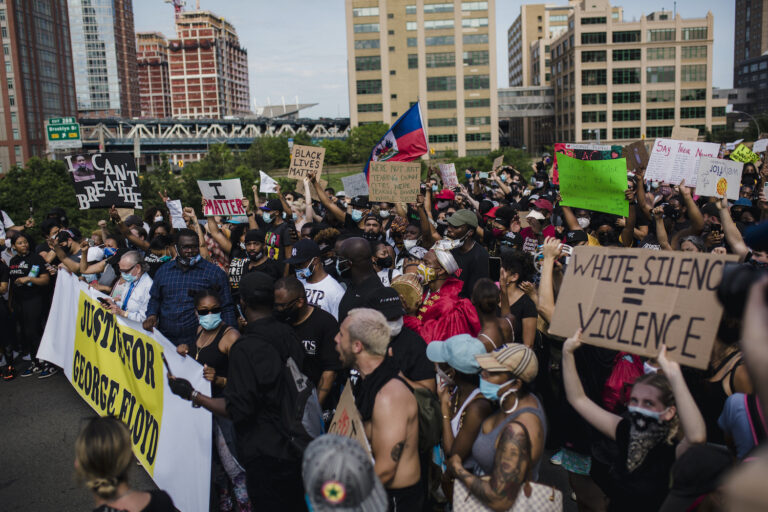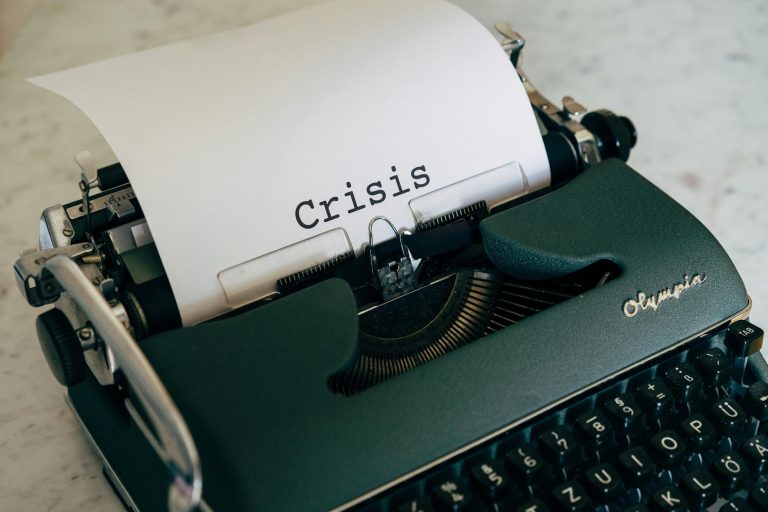Timely Progress Note Completion in Mental Health Documentation
The most frequently asked question I get in my documentation course is, “What is the deadline for progress note completion? This is a frustrating question because like so many aspects of mental health, there is no definitive answer.
Understanding the Confusion
Our professional codes of ethics, all which stress how important clinical documentation is, do not provide specific guidelines. Instead, they state that documentation should be completed “in a timely manner.” While insurance companies also emphasize timely submissions, the enforcement of these guidelines can differ. For instance, Medicare and Medicaid require completing notes within 24 to 48 hours, but it is not always strictly enforced. It’s no wonder there is confusion about the deadline for note writing.
Observations in Clinic Practices
When I supervised at a mental health clinic, we were required to submit our notes on Monday by noon so that billing could be submitted by 3 PM. This meant that clinicians had up to one week to write their progress notes. Even though we did not adhere to the 24–48-hour guideline we never failed an audit.
Guidelines for Best Practice
Though there is no rule dictating the deadline for timely notes, there is best practice. Best Practice is to write notes immediately after the session or by the end of the workday. This ensures a fresh recollection of the details and facilitates a faster and more accurate note-writing process. Alternatively, concurrent documentation, where notes are written during the session, can help capture important information promptly and prevent a backlog of unfinished notes. It also involves the client in the process, which has been shown to enhance the therapeutic outcome.
The Three-Day Rule
If writing notes on the same day is not feasible, try not to exceed a three-day time-frame. Waiting longer than three days can cast doubt on the accuracy of your memory if your notes are called into question during legal proceedings. While being interrogated will likely feel personal, it’s not. It’s part of the legal process to ensure the reliability of documented information. Writing your notes within the three-day time-frame offers you some protection.
The Relationship Between Billing and Note Completion
A crucial aspect to consider is the relationship between billing and note completion. Make a practice of not billing a session until the corresponding note has been completed. Having a completed note is both a legal requirement to prove the service was provided and a motivation to complete the note promptly. Billing without completing the note may lead to allegations of fraudulent practices and compromise the integrity of your work.
Compliance
Even though there is no one-size-fits-all answer to the question of when session notes should be completed in mental health documentation, there are guidelines. By following best practice recommendations, such as writing notes immediately after the session, adhering to the three-day rule, and linking billing to note completion, it’s possible to effectively navigate this aspect of your work. Accurate and “timely” documentation is crucial for providing high-quality care and ensuring ethical and legal compliance within our field.
Looking for a Clearer Way to Document Your Clinical Work?
If you want to learn documentation requirements and how to document your clinical work from intake to discharge, check out Documentation Wizard’s online training, Misery or Mastery®: Essential Documentation Training for Psychotherapists. You’ll learn how to translate your clinical intuition into the behavioral language required by insurance companies, while contributing to and reflecting high quality care.

Beth Rontal, LICSW, a private practice therapist and the Documentation Wizard® is a nationally recognized consultant on mental health documentation. Her Misery and Mastery® trainings and accompanying forms (in English and Spanish) are developed to meet strict Medicare requirements. Beth’s Documentation Wizard training program helps clinicians turn their clinical skill and intuition into a systematic review of treatment that helps to pass audits, protect income, maintain professional standards of care, reduce documentation anxiety and increase self-confidence. Beth’s forms have been approved by 2 attorneys, a bioethicist, and a billing expert and have been used all over the world. She mastered her teaching skills with thousands of hours supervising and training both seasoned professionals and interns when supervising at an agency for 11 years. Her newest initiative, Membership Circle, is designed to empower psychotherapists to master documentation with expert guidance, efficient strategies, and a supportive community.






